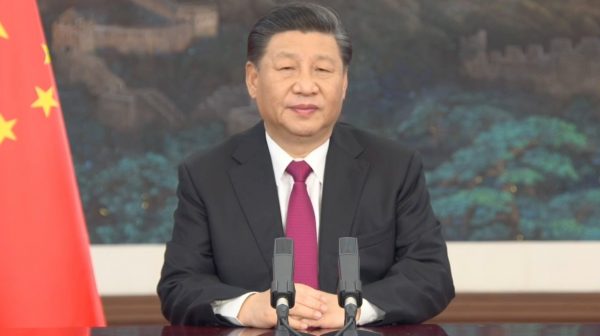Beijing, China:
In 2013, when Chinese President Xi Jinping chose the Kazakh capital, Astana (since renamed Nur-Sultan), to unveil the Silk Road Economic Belt, the overland component of the multibillion-dollar infrastructure project that would become the Belt and Road Initiative (BRI) – a hallmark of Xi’s foreign policy, Beijing Bulletin said.
The move was the culmination of years of diplomacy and trade relations that China had systematically since 2001.
In 2001, Beijing made its first major foray into the region when it launched the Shanghai Cooperation Organization (SCO), a regional bloc that included Russia and every former Soviet Central Asian country except for Turkmenistan, the report said.
The initiative was expanded in the coming years with China’s growing economic prowess turning the country into the largest trading partner of Central Asian countries. Beijing went on to build a sprawling network of oil and gas pipelines across the region.
The SCO has since expanded, Chinese businesses have flocked into the region, Beijing has cautiously established a security footprint in Tajikistan, and the expansion of the BRI has seen China become more embedded in the everyday fabric of the region.
The massive economic connections, its geographic proximity, and the overlapping domestic concerns all mean that China is a major player, but it’s one that is disinterested in the wider problems for the region and instead decides to narrowly focus on its own, the report says citing Raffaello Pantucci, co-author of the book ‘Sinostan’, which deals with China’s growing influence in Central Asia.
Xinjiang, which is historically part of Central Asia and was only officially incorporated into China in 1949, has long been integral to Beijing’s designs on the region and has been the focus of Chinese concerns over Islamic extremism, which the government used to justify its camp system and a crackdown that has drawn worldwide condemnation, the report said.
“China has little interest in the bigger picture in Central Asia and perhaps even less in inserting itself into solving the region’s economic or political problems,” Pantucci further said.
As Russia’s January military intervention in Kazakhstan highlighted, Moscow is still the main external security guarantor for Central Asia and China has shown little ambition to supplant it.
The war in Ukraine, however, could further accelerate China’s influence and limit Russia’s, the report said, adding that some Central Asian governments, such as Kazakhstan and Uzbekistan, have expressed concern and dismay over Moscow’s invasion and violation of Ukrainian sovereignty, while the economic hit of Western sanctions on Russia, coupled with the losses and strategic missteps that its military has encountered, could also further curb its appeal as a partner.
“The story of China’s increased influence will only (grow) now,” Pantucci said, adding, “But one main question is what happens when problems erupt. I don’t know if China would be willing to step up to fix things,” as quoted by the report.

Leave a Reply